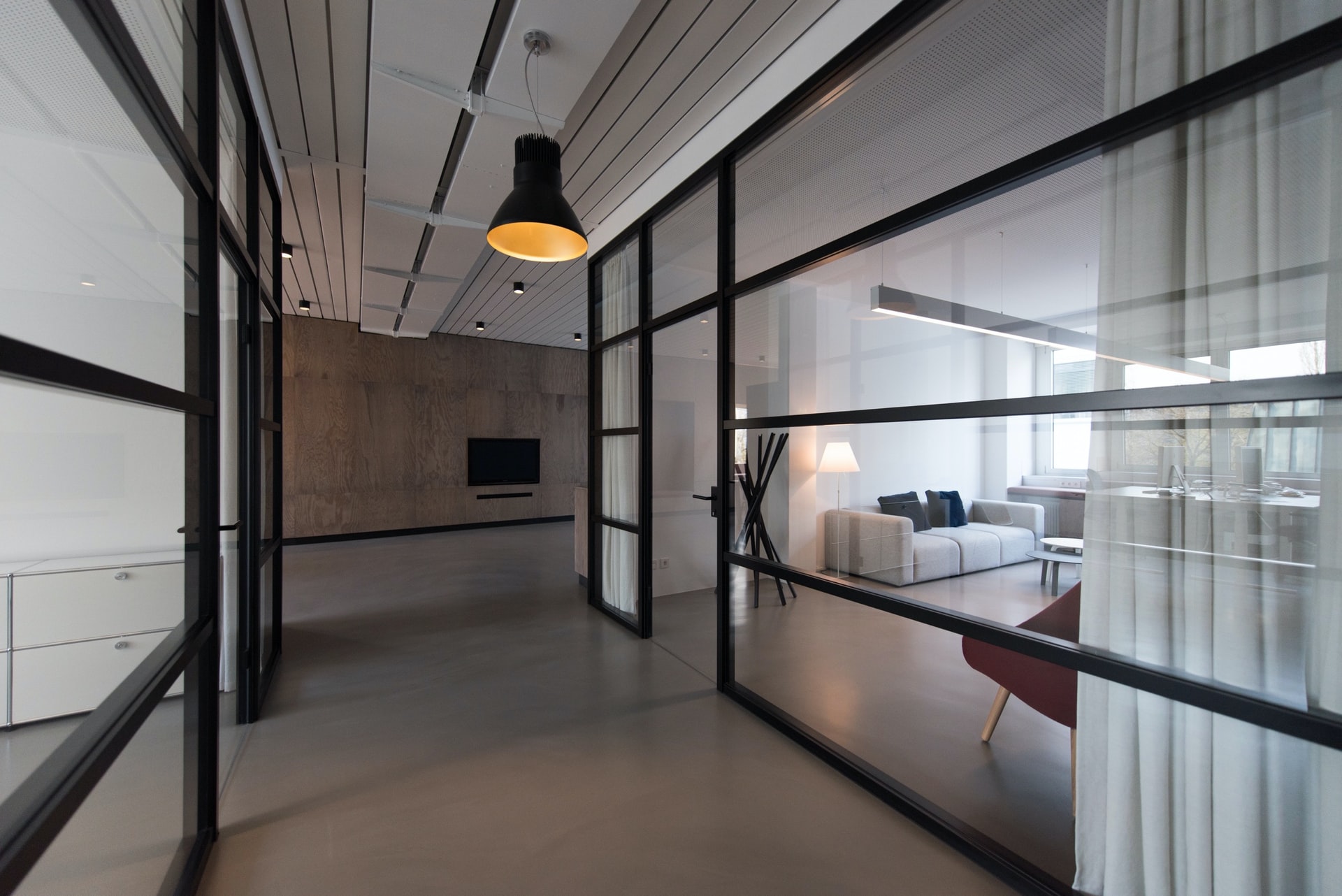Large Japanese companies optimize costs by selling offices
Large Japanese companies are abandoning their huge office buildings because many employees have switched to a work-from-home format. As a result, entire floors in business centers are empty. To optimize costs, corporations are teaming up with partners and renting one building.
In Japan, large companies have their own high-end commercial real estate, it is considered prestigious, and raises the status of the business. However, due to the effects of the pandemic and the shift to remote work, maintaining such buildings significantly hits the budget of corporations. So they are looking for different ways out of the situation. It has become known that the advertising agency Dentsu Group and logistics operator Nippon Express are thinking about selling their headquarters in Tokyo. Avex, which is represented in the entertainment market, also intends to get rid of its large building in the capital.
This decision will help to reduce costs for the business, especially since many employees work from home and there is no point in maintaining a huge space. This situation is reflected in the commercial real estate market, and the vacancy rate has reached the maximum values for the last 5 years. Analysts point out that the situation will not change any time soon, as the Japanese government encourages as many people as possible to work from home, and this will reduce the risk of new infections.

And if earlier in Tokyo and other cities of the country the sale of headquarters was more of an isolated case, now the number of such offers is regularly growing. For example, Dentsu is trying to sell its building of 48 floors, the deal is under negotiation, and the initial value is about 3 billion dollars. If the parties agree, this sale will be one of the largest in Japan’s real estate market. Nippon Express is also looking for a buyer for its 28-story building.
A positive trend is the fact that more and more foreign investors are interested in Japanese office real estate. And if in a similar segment in New York and Paris investment is reduced by contrast, then investment in the objects of Tokyo increases. For example, a major player in the real estate market the company BentallGreenOak plans to spend in the commercial sector in Japan about $10 billion over 2-3 years. 70% of that amount will be invested in office space.
Particular interest is shown by buyers for objects that are located in the capital’s premium areas. Investors are confident that demand for such real estate will increase soon, and prices will go up. In addition, after the pandemic, business will begin to revive with renewed vigor, and vacancy will decrease.
According to statistics, last year the cost of high-class office space sagged by 7%. This was the end of the price growth cycle in the market, which lasted 8 years.
